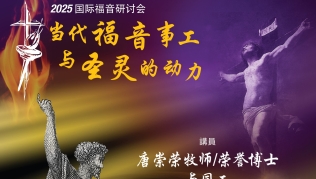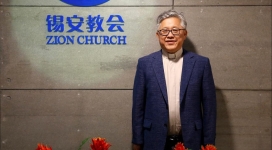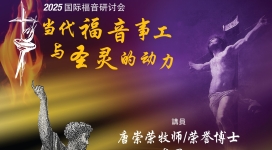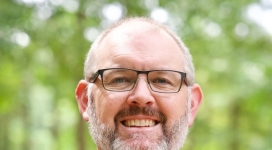The Bauchi District Church Council of Evangelical Church of West Africa (ECWA) has called on the Nigeria state government to withdraw the bill it sponsored to the state House of Assembly on the compulsory teaching of Arabic language and the establishment of Arabic/Islamic Board in the state.
In a letter to the state governor and signed by the chairman and secretary, ECWA Bauchi district, Rev. Dauda Gambo and Dauda S. Galadima, the council said the move was meant to consolidate Sharia in the state.
The church, which warned against the passage of the bill, pointed out that the bill was a move by the state government to use public funds in the promotion of a particular religion at the expense of the other.
They maintained that the state government under the leadership of state Governor, Ahmadu Adamu Mu'azu, has not done anything for the development of the Christian community since he assumed office in 1999 despite the fact that they voted for him in great numbers twice to ensure his victory at the polls.
While assuring the governor and his government of their "unalloyed support” as he tries “to turn Bauchi State into a better place conducive for all and sundry," the letter pointed out that "there is still time to redress and amend the factors affecting the Christian community in Bauchi State."
Nigeria—a country in which half of the population practices Islam, more than 40 percent practices Christianity, and the remainder practice traditional indigenous religions or no religion—has seen several violent economic, ethnic, and political conflicts that took on religious overtones. In some areas of the country, interreligious tension between Christians and Muslims remained high, especially.
While the Constitution prohibits state and local governments from adopting an official religion, some Christians have alleged that Islam has been adopted as a de facto state religion in several northern states, citing the reintroduction of criminal law aspects of Shari'a and the continued use of state resources to fund the construction of mosques, the teaching of Kadis (Muslim judges), and pilgrimages to Mecca (hajj). For example, the Governor of Zamfara disbursed public funds to refurbish mosques. However, several states, including northern states, use government revenues to fund Christian pilgrimages to Jerusalem. In general, states, whether dominated by Christians or Muslims, lean toward the faith practiced by the majority of residents.







